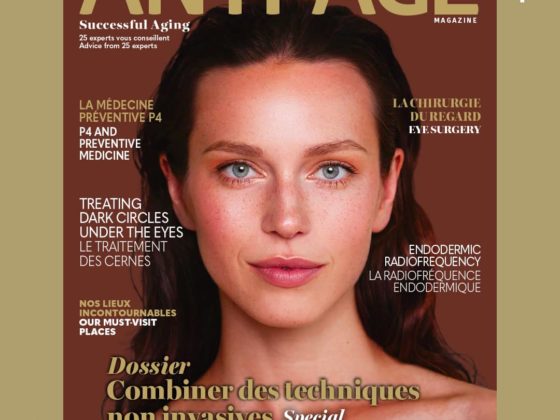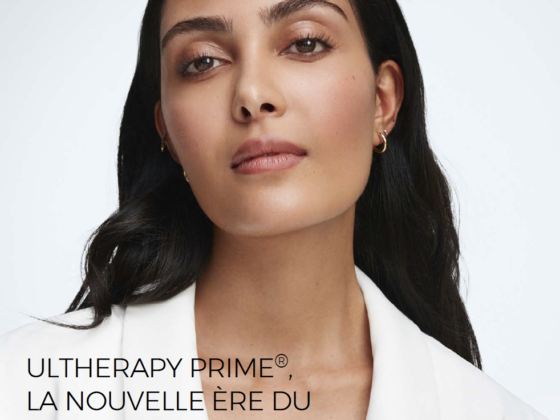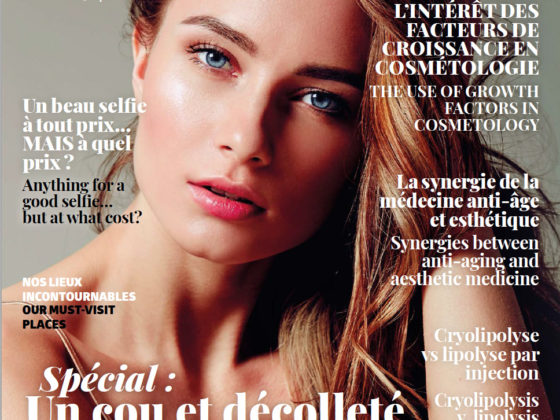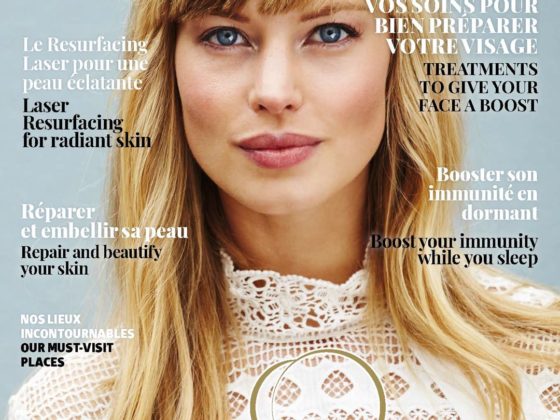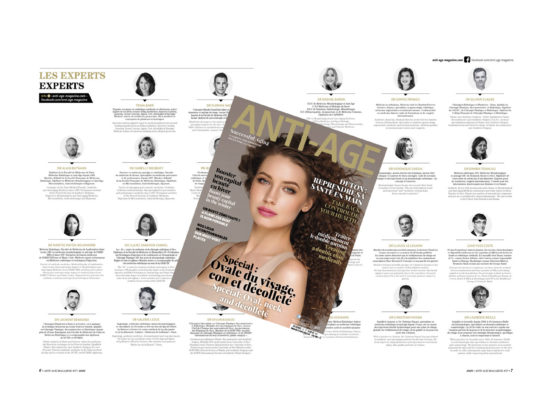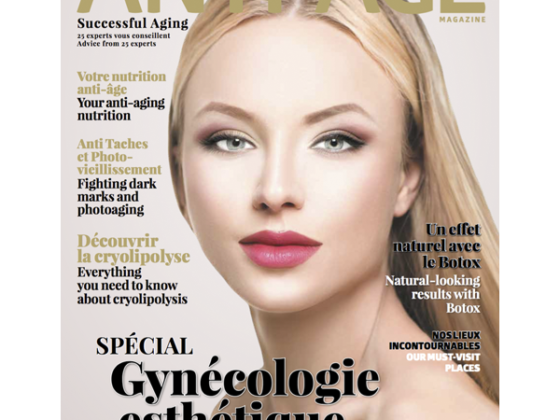GENERATIVE AI AND PREDICTIVE AI IN THE HEALTHCARE INDUSTRY
After signing a provisional agreement about Arti cial Intelligence on 8th December 2023, the European Parliament hopes that its “AI Act” will be formally adopted in 2024 to regulate the use of AI. The “AI Act” aims to defend citizens against any threats posed by applications using AI. In the healthcare eld, the regulatory aspects are fairly vague. So, what’s the score? Though we are quickly becoming used to apps that use generative AI (like ChatGPT), the real challenge is predictive AI. Here are a few examples: re risk probability, epilepsy, etc.
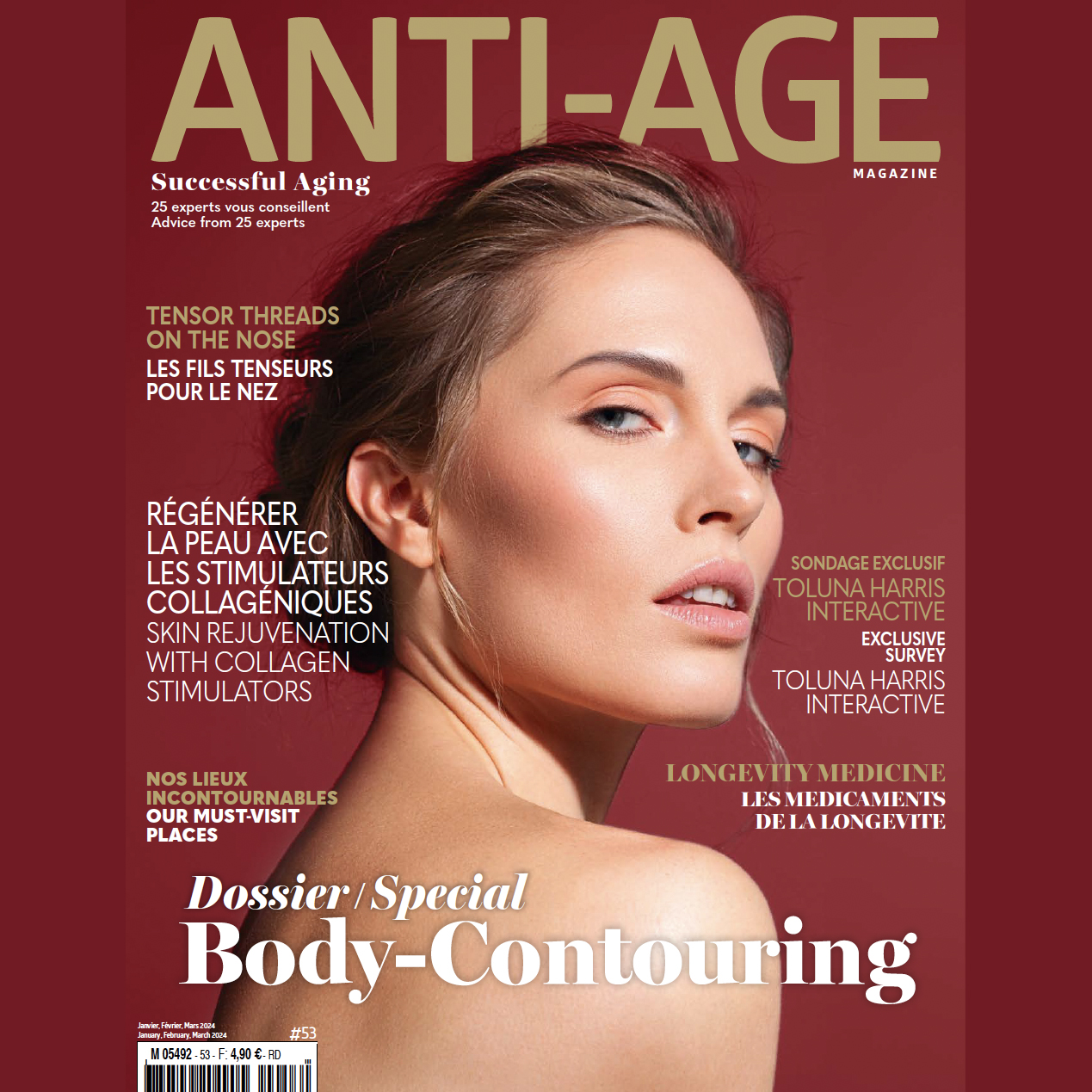 Predictive AI is also often associated with Machine Learning, which is already the case in applications that can detect certain melanomas by analysing thousands of photos of skin or detect diabetic retinopathies from images of retinas. Their development requires large samples: 50,000 images of melanomas and 128,000 images of retinopathies were required to create the algorithm that would identify the signs of pathologies. What can we expect in the future? AI could exceed the performances of certain specialists, such as oncologists, as we are now realising that well-generated algorithms allow for a better diagnosis of cancers. AI could therefore be used to make more reliable diagnoses than humans, but it would also be capable of compensating for the lack of doctors by optimising the doctors’ time and automating certain administrative tasks.
Predictive AI is also often associated with Machine Learning, which is already the case in applications that can detect certain melanomas by analysing thousands of photos of skin or detect diabetic retinopathies from images of retinas. Their development requires large samples: 50,000 images of melanomas and 128,000 images of retinopathies were required to create the algorithm that would identify the signs of pathologies. What can we expect in the future? AI could exceed the performances of certain specialists, such as oncologists, as we are now realising that well-generated algorithms allow for a better diagnosis of cancers. AI could therefore be used to make more reliable diagnoses than humans, but it would also be capable of compensating for the lack of doctors by optimising the doctors’ time and automating certain administrative tasks.
But the main challenge is predicting illnesses by setting up a new care pathway for each individual, guided by well-documented AI.
For now, let us be content with the straightforward use of AI in our eld:
- Predictive medicine: predicting an illness and its evolution
- Precision medicine: personalised treatments
- Helping with decision-making: diagnosis and therapy
- Companion robots: for elderly or fragile people
- Prevention: anticipating, preventing epidemics
- Computer-assisted surgery
In the meantime, we would like to invite you to try our rst-ever generative AI app, which draws from over 3,000 articles published in Anti-Age Magazine: yoosbot.com
We look forward to hearing your feedback! AAG Publishing
Our experts: DR ISABELLE MEURGEY, DR JEANFRANÇOIS BÉZOT, DR ALAIN BUTNARU, DR CLAUDE CHAUCHARD, DR DIALA TUFENKJI, DR PHILIPPE KESTEMONT, DR JAKUB KRYSTIAN, DR VALÉRIE PHILIPPON, DR PAMELA WILLEKENS, DR ANTONI CALMON, DR CHRISTIAN FAYARD, ALAIN ELBAZ, DR MIKE AMZALLAG, DR ISABELLE CATONI, NATHALIE FOURNIER, PR BARBARA HERSANT, DR JESUS OLIVASMENAYO, DR CATHERINE DE GOURSAC, DR VERONIQUE EMMENEGGER, NATHALIE PERRIOCOMBEAUX, RENAUD ROUFFIAC, THIERRY PIOLATTO, ANNABEL MACGOWAN, VÉRONIQUE TISSIER, CHRISTOPHE LUINO, CATHERINE DECUYPER.



